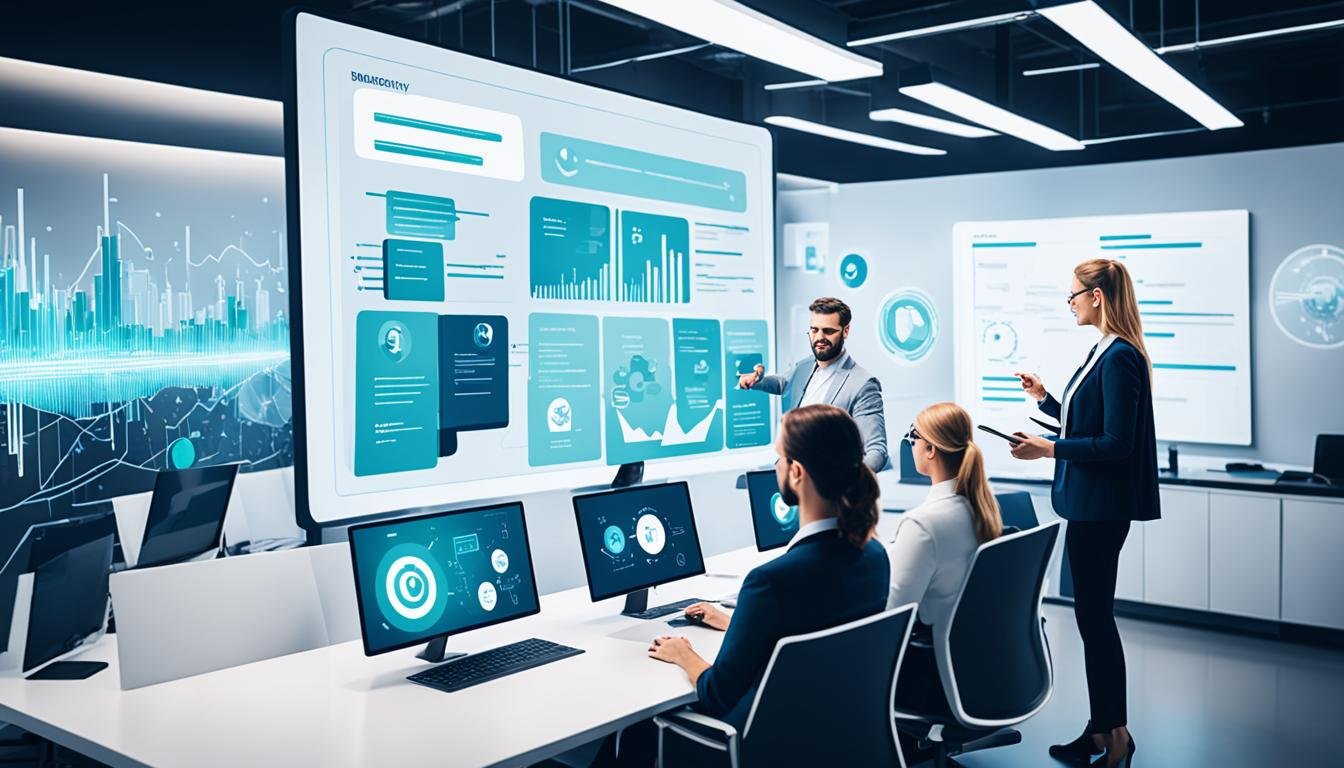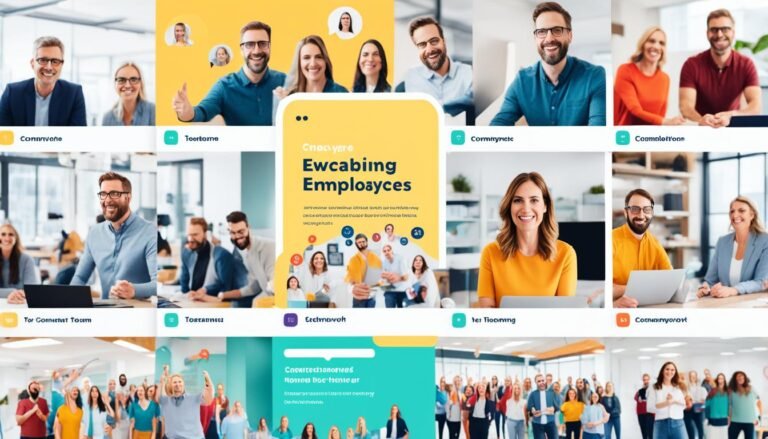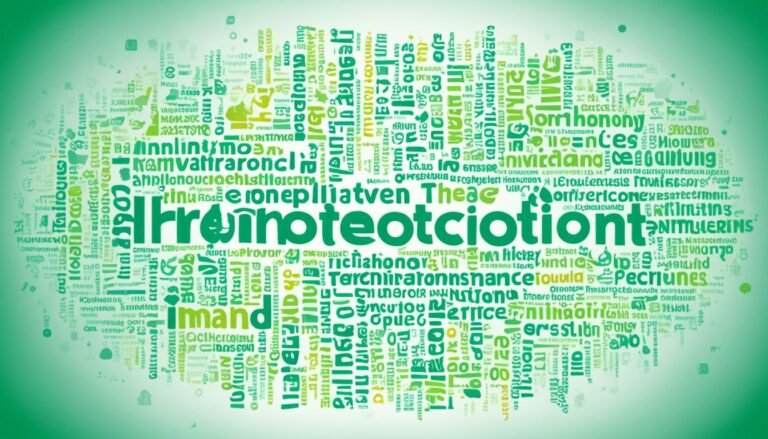What are the key considerations for implementing AI in HR processes in Ireland?
AI is really changing how things work, especially in HR. It’s making processes faster and smarter in Ireland. Experts say that about 40% of jobs worldwide will need new skills because of AI and automation soon.
Irish companies are getting ready for the EU AI Act, which starts in May 2024. This law talks about how risky AI systems should be managed. It focuses on being clear, fair, protecting data, and using AI ethically in HR.
AI is pushing HR forward, and HR pros are joining in to learn more. They know it’s important to keep learning new skills to stay ahead. Making sure AI use follows the law is also really critical. Different jobs in Ireland are using AI at varying speeds. They are all facing different challenges but are working hard to use AI the best way.
Companies like Adare Human Resource Management are there to help. They offer advice to smoothly introduce AI in HR. This makes sure companies do well and play by the rules when using AI in HR.
Getting rid of bias in AI is also key. Companies should make sure that AI decisions are fair and unbiased. There are many cool AI tools out there, like Bard and ChatGPT, that can improve HR processes in many ways.
Above all, using AI ethically, following the law, and helping employees learn new skills is crucial. This way, AI can truly help and protect people in Ireland’s changing HR world.
Understanding the Scope of AI in HR Processes
AI is changing how HR works in Ireland and worldwide. It’s crucial to know AI’s basic ideas in HR. AI uses advanced tools like ChatGPT and Meta to change how HR tasks are done.
Definitions and Basic Concepts
AI in HR means using tech to act like people. It uses machine learning, language processing, and deep learning to do HR tasks better. By using AI, companies can make HR processes easier, faster, and smarter.
About 78% of HR leaders in Ireland are using AI for managing employee records. A study by McKinsey shows that adopting AI in HR can cut costs and raise income.
Role of AI in HR Functions
AI helps a lot in finding and hiring people. In Ireland, 73% of HR leaders use AI to find the best candidates. AI speeds up hiring by picking the right resumes.
Also, 72% of HR leaders are adapting AI to boost how they manage employee performance. About 69% are using AI to make the new hire process smoother. AI chatbots offer instant help to new employees, making their start a joy.
But not all AI projects succeed in a big way. Almost 80% don’t move past the early test stage. This shows it’s hard to make AI models work well. Also, many HR leaders worry about AI’s handling of private employee data. This highlights the need for strong privacy rules.
Kieran Gilmurray, a digital transformation expert, thinks AI will change how we deal with hiring, managing, and keeping employees.
In short, AI is deeply changing HR. It’s crucial for companies to know AI well. Done right, AI in HR can make work smoother and more productive.
Legal and Regulatory Frameworks
The use of AI in HR is shaped by laws, especially in Ireland. The EU AI Act sets rules for AI systems, deciding which ones are safe and which need more rules. These rules aim to keep things clear, protect workers’ rights, and stop any unfair treatment.
The EU AI Act and Its Implications
In HR, the EU AI Act means AI tools used in hiring and watching workers must be very careful. They have to follow strict rules on privacy, fairness, and showing how they work. Plus, people need to oversee these AI tools to make sure they’re not causing any harm.
A special board in Europe checks if these rules are followed. Each country has people who make sure companies are doing the right thing with AI. The goal is to make sure AI helps and doesn’t harm, especially in important areas like public safety and managing critical services.
Data Privacy Regulations and Compliance
In HR, keeping employee data safe is very serious in Ireland. The GDPR and the Data Protection Act 2018 manage how companies can use people’s data. If there might be risks to personal rights, companies must do a special check before using the data.
Companies in Ireland are told to make strong plans for handling data. They should watch and check if they follow the rules. When putting in new AI systems, they must make sure these keep people’s privacy safe. This means AI in HR must always respect the law and guard workers’ information.
These rules try to let AI help in HR the right way. They keep a balance, making sure new AI tech is used responsibly. This is how Ireland works to make sure AI in HR treats people fairly and protects their data.
Ethical Considerations of AI Implementation in HR
As artificial intelligence (AI) changes HR, it’s important to use it ethically. This means avoiding bias, discrimination, and privacy problems. AI can help with decisions at work, but it must follow strict ethics to keep things fair and trusted.
“Regular audits of AI systems are necessary to identify and rectify biases that may emerge over time.”
It’s vital for companies to pick data sets carefully for using AI in HR. Using biased data can lead to unfairness and discrimination. Studies say being open about how AI works builds trust among staff and managers, which is key for ethical AI.
Almost 70% of companies are using AI in HR, according to the Harvard Business Review. Yet, a survey by the Society for Human Resource Management shows that only 37% talk a lot about ethical AI. Even though 92% of HR leaders see its importance.
How employees feel about AI is very important too. A Deloitte survey found that only 38% are okay with AI in HR. They worry about it being fair and transparent. PwC’s research says 85% are concerned about their data safety with more AI in HR.
Setting clear rules for using AI in HR helps fight biases and increase fairness. Companies with diverse teams do better, says McKinsey & Company. A strong ethical guide for AI in HR connects tech to what we value, building trust and being clear about how it’s used.
Mitigating AI Bias in HR Processes
AI is key in today’s HR operations, but its success depends on fair and high-quality data. It’s essential to spot and fix biases in AI for fair HR decisions and to support equal AI in HR. To address bias, firms should take on strategies to make AI fair and win trust in their tech.
Identifying Potential Bias
AI tools act fairly only if they learn from unbiased data. So, it’s critical to check the data for hidden biases. Using varied and fair data in AI-based HR helps avoid discrimination. Keeping an eye on AI through checks can catch and fix biases. Sharing how AI makes decisions helps everyone trust its fairness.
Strategies for Fair AI Deployment
Setting up clear rules for AI in HR defines right and wrong actions. Though many companies use AI in HR, not enough discuss ethics. It’s needed, even if most agree on its importance.
“To effectively leverage AI for positive change in HR processes, continuous efforts to foster an inclusive and equitable workplace are paramount,” say experts from Mazars.
Organizations need to set up systems that regularly check for biases and collect feedback. These steps ensure AI in HR treats everyone fairly, making a balanced workplace.
Even with AI’s great leaps in HR, we must work hard to find and fix biases. Through clear and fair AI use, companies can create a better, fairer workplace. This way, AI’s true power in HR can be felt.
Enhancing Employee Experience through AI
In today’s work world, AI is key to making a great AI-enhanced employee experience. It changes how companies connect with their staff by making things personal and simple. This happens through AI tools that personalize employee experiences and simplify work.
Personalization and Engagement
AI in HR personalizes each employee’s journey. For example, AI systems suggest learning paths unique to each person. They do this by analyzing skills and personal interests. This encourages ongoing skill growth. AI also checks in on how employees feel, improving interaction.
For new staff, AI ensures a smooth entry into the company. It guides them through their first days and helps them get up to speed.
Automation of Routine Tasks
AI is a game-changer for routine tasks by letting people focus on more important stuff. It handles things like interview scheduling and administration tasks. This makes work more efficient and productive.
By using AI, companies can make work culture more adaptable. They can also deal with employee worries through good change strategies. But remember, keeping human touch in important decisions is still crucial.
Reskilling and Upskilling the Workforce
AI is changing the way we work, making workforce reskilling and AI-driven upskilling critical. By 2025, half of all workers will need new training because of automation.
Almost half of business leaders plan to reskill their employees. They also want to change how work is done. This shows how important it is to train people for the talent development in the AI age.
Companies are seeing Adaptability Quotient (AQ) as key in the AI era. This skill may even be more important than IQ or EQ. We must get ready for new jobs like integrators to make the most of AI.
Using AI in HR can offer learning that fits each person. This makes training more effective and personal. About 45% of workers expect this to boost workplace skills and efficiency. Yet, training must keep going to support these changes.
Sharing knowledge through peer learning and mentorship is vital. It helps people’s careers by letting them learn from others. Since AI jobs are in high demand, HR and AI-based tools are key in training people for these jobs.
Most workers feel hopeful about AI tools, but they want more training. To keep them engaged and happy, we need to offer good training and talk openly about how AI changes work.
Encouraging lifelong learning and skill building is the best way to handle AI’s changes. This makes a strong, flexible workforce that can bring innovation and adapt in the AI era.
Change Management Strategies for AI Adoption
Adding AI to HR needs good planning for a smooth shift. This involves creating a clear strategy. It’s key to plan out steps and talk clearly to everyone. This helps businesses make the leap into AI smoothly.
Planning and Communication
Getting ready for AI starts with a big plan that fits your goals. Check out tech carefully to see what fits best. This makes it easier to handle the changes and gains from AI. Don’t forget to tell everyone why AI is good. This can lower fears and doubts.
Sharing news and getting feedback helps build trust. Start with a small test of AI before going big. This way, you can fix things with feedback. Keep an eye on how well AI works by tracking key measures.
Building a Supportive Culture
Adopting AI well needs more than just the tech; it needs a supportive culture. Start by getting your team ready for AI. This includes making a plan for training and ongoing help. Working together closely is a must.
Offering the right training and support for using AI well is crucial. Create ways to help if someone faces a problem with AI. This will encourage learning and flexibility as AI becomes part of your work.
Studies show that in the next three years, about 40% of workers will need new skills because of AI and tech. Aiming for a culture that supports change will prepare your business to get the most from AI.
AI Governance Frameworks in HR
Using AI in HR wisely is crucial. It ensures that AI in workplaces is ethical and effective. To do this, we need strong rules for using AI in HR. These rules make sure AI follows the law and respects a company’s values.
They also make AI helpful for everyone involved. A good set of rules includes watching AI closely, following strict laws, and making sure AI plans match what a company stands for.
In Ireland, the finance world is seeing the good side of AI. From hedge funds to broker-dealers, many are using AI for bigger profits and smarter trades. Banks, for example, are using AI to talk to customers in a more personal way.
Even with these gains, AI still faces some big hurdles. People don’t always agree where to use AI, and getting good data can be tough. To help overcome these challenges, Deloitte’s AI Risk Management Framework looks at many areas of risk.
These include how well models work, what tech they need, legal challenges, and more. Such detailed plans help businesses use AI safely and effectively. They also make sure companies are using AI in ways that fit their goals and values.
In the financial world, regulators are watching how AI is used more closely. They want to see better rules and more checks on AI. Keeping good records is key, especially when using AI from other companies.
AIs dealing with personal data in Ireland must follow strict rules like the GDPR. This keeps personal info safe and protects people’s privacy. These rules are not just about following the law. They make sure AI is good for customers, keeps the market fair, and doesn’t cause financial problems.
Having clear rules for AI in HR is a must. It’s not just about meeting regulations. Good rules help AI improve a workplace while doing right by people. They make sure using AI is fair, safe, and supports the company’s goals and its people’s happiness.————-
Algorithmic Transparency and Accountability

AI is becoming a big part of how HR works, making transparency and accountability more important. Almost 70% of companies are using AI in areas like hiring and managing performance. Making AI systems clear is key to building trust with employees.
Ensuring Transparency in AI Systems
Getting AI right means making sure people know how it works. When HR AI is transparent, it helps people feel that decisions are fair and free from bias. Yet, even though almost all HR leaders see the need for ethical AI, only a third talk about it at a high level. We need to bridge this gap for AI to be truly trusted.
Accountability Measures
It’s crucial to have ways to keep AI systems and their users in check. Due to concerns of data security by 85% of employees, strict rules on using AI in HR are a must. And by following ethical AI, companies support fairness and diversity. This also helps meet expectations from society.
The Committee on Artificial Intelligence in Ireland highlights the need for clear rules and talks. They suggest starting a group to look into how AI affects everyone more extensively. This would help make sure AI use in HR is fair to both workers and organizations.
Conclusion
Irish financial institutions are diving into the world of artificial intelligence (AI). They’re finding new ways to use AI in their everyday work. This change is making big waves, especially in handling people at work, or HR, in different industries.
A big step has been using AI in places like hedge funds and broker-dealers. These places are seeing better outcomes, like making more money that’s not connected to other factors. They’re also doing better at making trades.
Irish banks are using AI to give customers a more personal experience. This shows just how much AI can do for customer service.
But, using AI is not a piece of cake. People have different ideas on where AI should be used. Also, getting your hands on enough good data can be tough. Another hiccup is that as AI gets smarter, it can become harder to track and understand why it does what it does.
Deloitte’s set up a plan to help companies deal with these issues, focusing on many key areas. These include handling risks across the board, managing the tech, following rules, making sure people act fairly, and even checking up on the folks supplying the technology.
So, it’s super important for companies to mesh their use of AI with how much risk they’re okay with. Having a consistent way to check risk and stay safe is key for any business. Irish companies, in particular, need to stick to the rules. They should watch over how AI is used, make sure things are done right, and keep a record of everything to prove they’re playing by the book.
Even with all these checks and balances, it’s still critical for companies to keep growing with AI. That means making sure AI is used in ways that are good for everyone. This way, the tech team will move forward smoothly, and everyone will benefit from it.








